This location based map allows users to see where in the country their Snapchat contacts are, as well as seeing location based photos and videos. The Snap Map shows a user’s Bitmoji, their cartoon avatar within Snapchat, pinpointed on a world map. Users can then zoom into the map to see the exact location of their friends.
Tagged with privacy
Snapchat’s next big feature wants to get you to meet up with friends in real life rather than just watching each other’s lives on your phones. Snap Map lets you share your current location, which appears to friends on a map and updates when you open Snapchat.
When I work with young people I help them make informed choices about whether there are more risks than benefits of having 'location' active on their devices.
Nine-country study finds widespread use of social media for promoting lies, misinformation and propaganda by governments and individuals. Propaganda on social media is being used to manipulate public opinion around the world, a new set of studies from the University of Oxford has revealed.
Think about what you shared with your friends on Facebook today. Was it feelings of “stress” or “failure”, or perhaps “joy”, “love” or “excitement”? Each time we post on social media, we leave traces of our mood.
Our emotions are valuable commodities, and many companies are developing automated tools to recognise them in a process known as sentiment analysis.
It’s 10 years since Charlie bit his brother Harry’s finger, catapulting them to YouTube fame.
Understandably, they have changed quite a lot since they found notoriety in one of the earliest internet viral videos.
So where are they now?
Facebook is breaking data privacy laws in France, Belgium, and the Netherlands and faces investigations in Spain and the German city of Hamburg, privacy regulators from those respective areas announced today. French authorities also announced they were slapping Facebook with the maximum fine allowed under French privacy law, of €150,000 ($164,000). To put that in perspective, Facebook generated $27.6 billion in revenues last year.
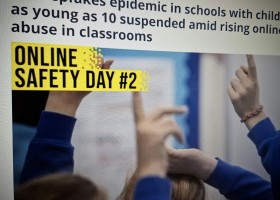


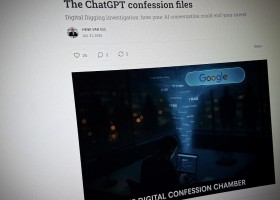
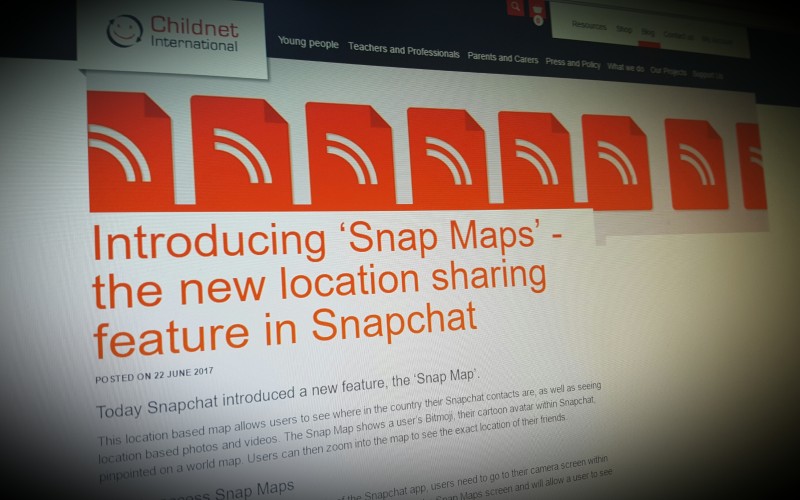
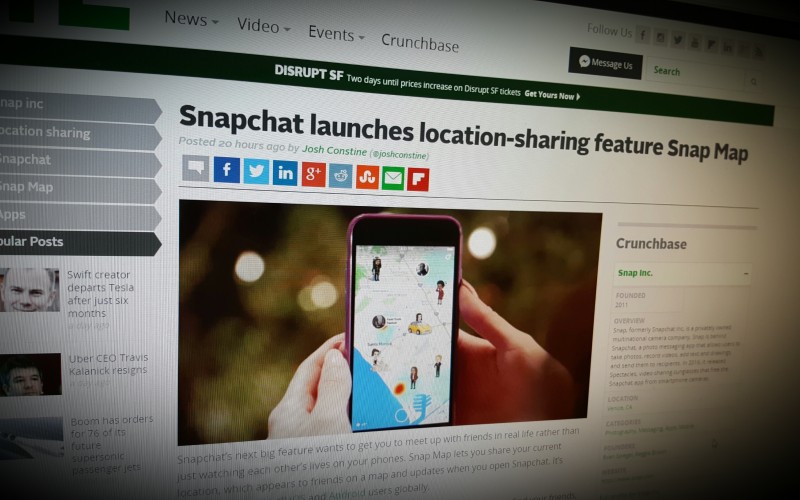
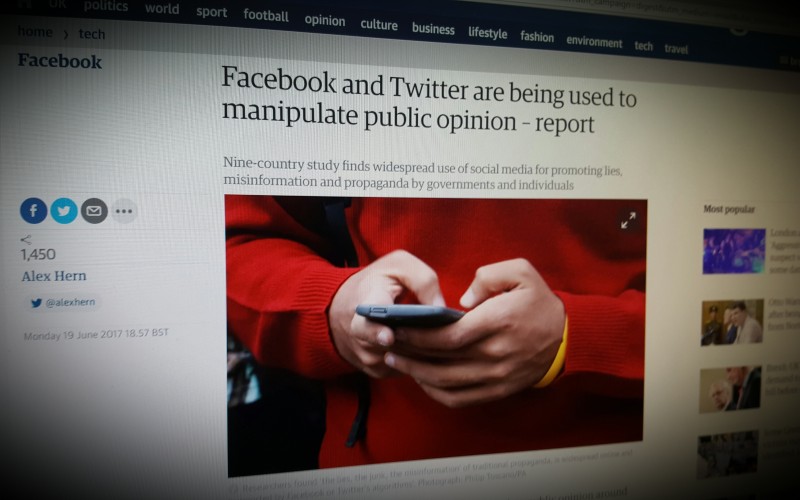
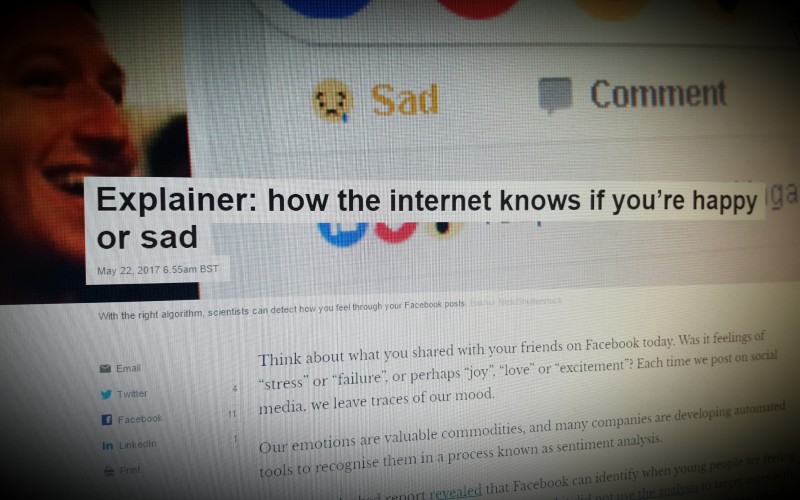

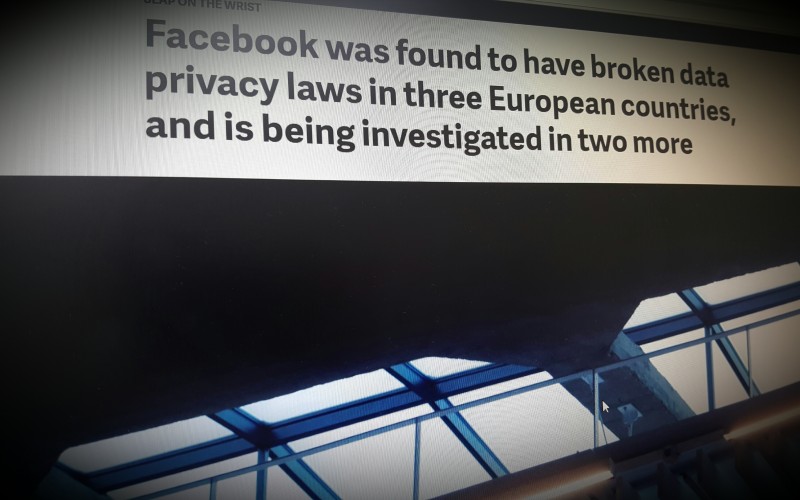
Comments
make a comment